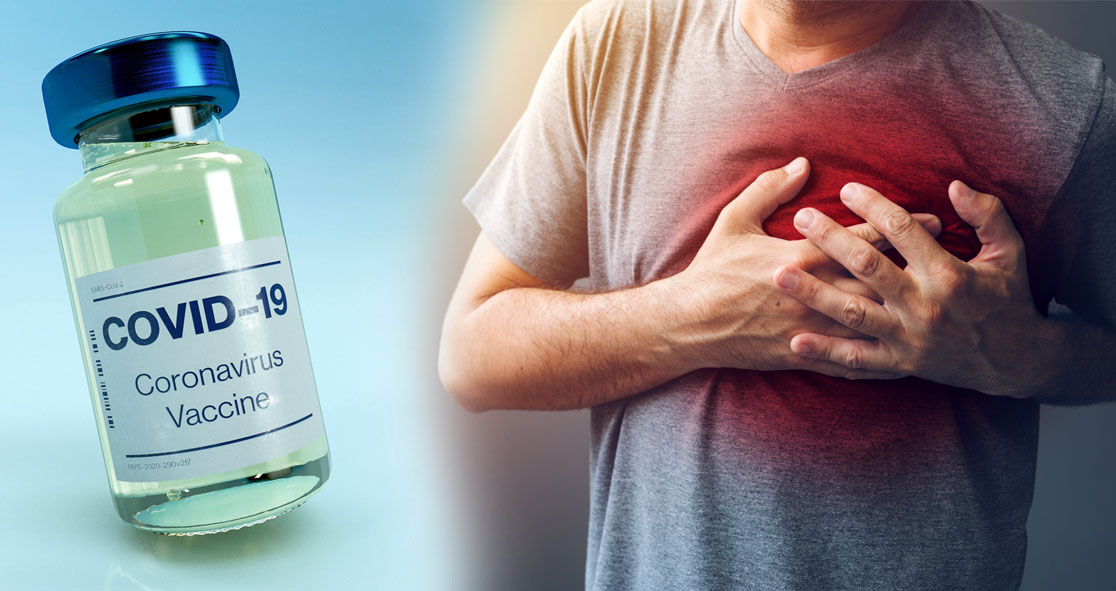Top scientists have expressed concerns over the risk of mRNA COVID booster doses causing heart inflammation in young individuals, according to CNBC.
These concerns continue to worry experts who are now considering whether or not to approve booster doses for people aged 12 and above, according to Dr. Ofer Levy.
Dr. Levy, who is a voting member of the Food and Drug Administration’s advisory panel, talked about these concerns after the FDA’s Vaccines and Related Biological Products Advisory Committee unanimously recommended giving a second dose of Johnson & Johnson’s single-dose COVID vaccine to people aged 18 and above.
The panel urged the FDA to approve boosters of Pfizer and Moderna for all seniors and other high-risk groups. However, some committee members raised concerns over authorizing booster mRNA doses due to the risk of rare inflammatory heart conditions – myocarditis and pericarditis.
Dr. Levy told CNBC, “As we go into younger and younger age groups, they’re less and less at personal risk of severe COVID, and on the other hand, somewhat more at risk of this inflammatory heart condition with the mRNA vaccine. So it’s a risk-benefit analysis, and that’s why you’re seeing that deliberation.”
The U.S. Centers for Disease Control and Prevention (CDC) said myocarditis is uncommon, but it has been found mostly in male adolescents and young adults who received either Pfizer or Moderna vaccine.
The agency said myocarditis cases typically arise within a few days of vaccination, usually after receiving the second dose, and subside with medicine and rest.
On the other hand, J&J’s COVID vaccine is not associated with a risk for heart inflammation, the CDC said. More than 15 million Americans have received the single-dose J&J vaccine so far.
The two-dose mRNA vaccines are comparatively more effective, while J&J has submitted a study to the FDA that showed its second dose has increased protection against symptomatic infection from 72% to 94%, according to the news outlet.
Public health officials are considering the distribution of booster doses to younger age groups. Israel has already started administering boosters to people aged 12 and above.
Dr. Levy said data presented to the committee indicated that Israel might already be starting to achieve herd immunity.
He said, “The priority is to keep people out of the hospital, keep them alive. But if we can get a level of immunity that reduces the chance that you even get infected or spread to anybody else, that’s wonderful because that can get us towards herd immunity.”























